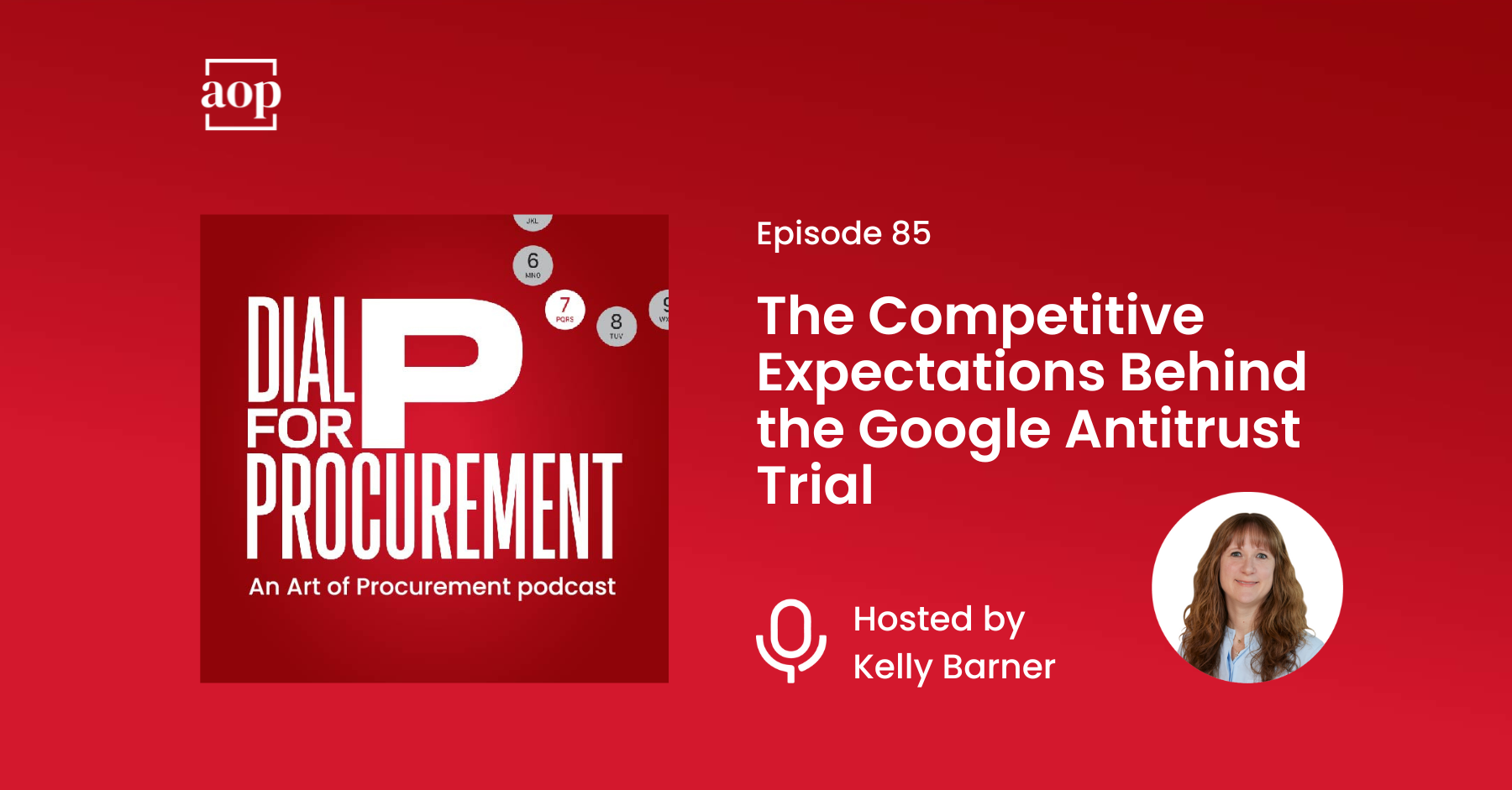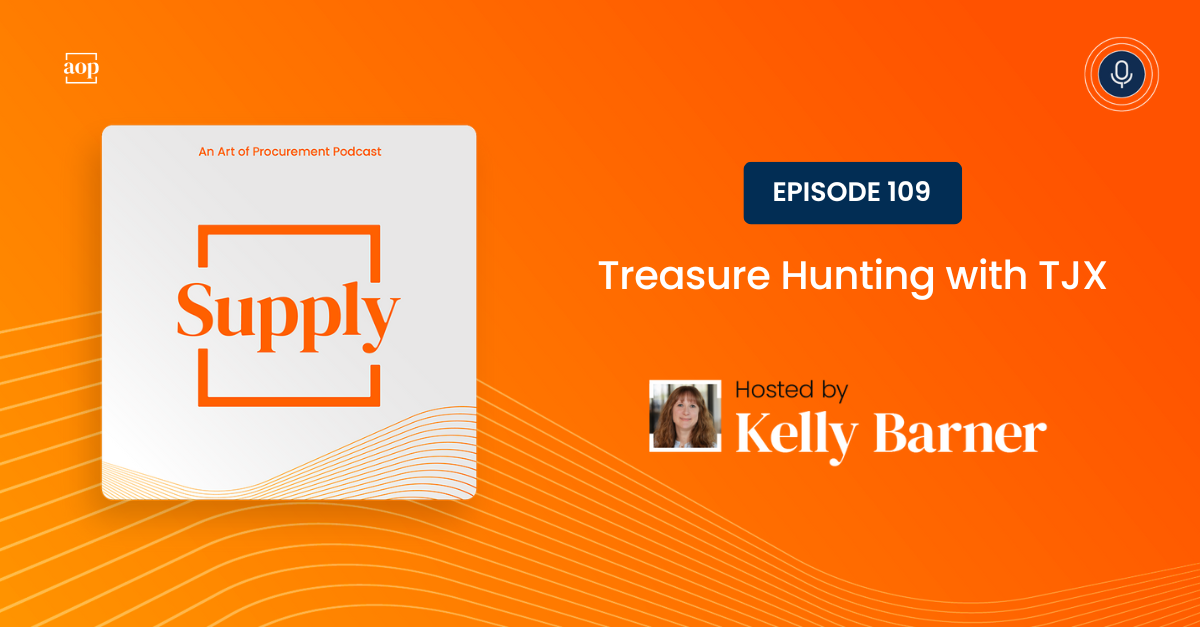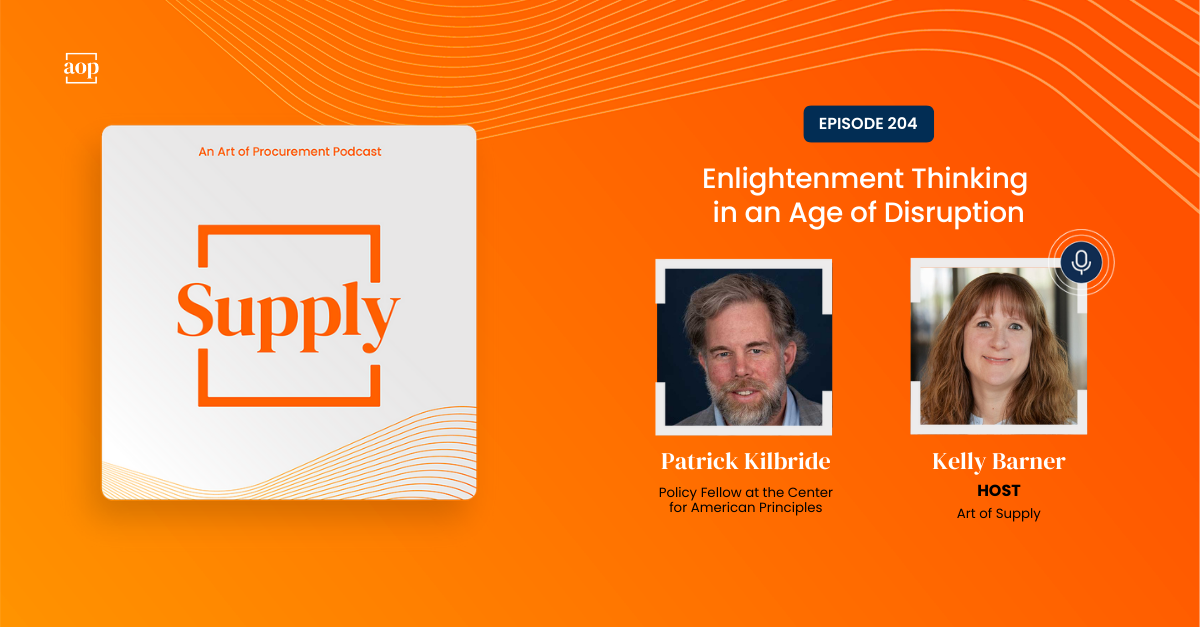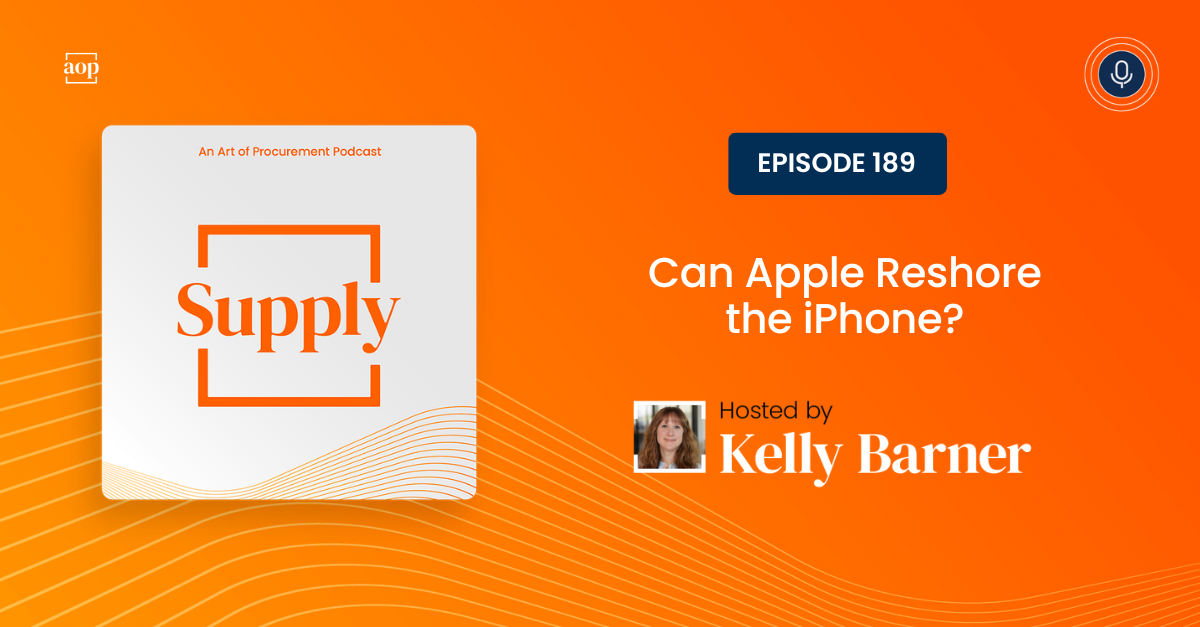4 min read
The Competitive Expectations Behind the Google Antitrust Trial
Kelly Barner : Updated on December 1, 2024

Google is currently defending themselves in court because the U.S. Department of Justice claims they have violated the Sherman Antitrust Act of 1890. Not since Microsoft went on trial in 1994 has there been such a major antitrust trial with such widespread implications – and never before has U.S. antitrust law been so tested.
While it is not illegal to have a monopoly, it is illegal to stifle competition in order to keep one.
Google must now prove that it is the quality of their search product – not their statistically dominant position – that earns their search engine widespread use, while the Federal government must demonstrate that Google has engaged in willfully anticompetitive conduct.
Game on.
In this week’s episode of Dial P for Procurement, I look at the details and competitive expectations playing out live in a Washington D.C. courtroom, the bar set by the Sherman Antitrust Act, and how Michael Porter’s Five Forces can help us understand it all.
As of July 2023, Google has 83.5 percent of the search engine market according to statista.com, although I found figures as high as 90 percent in my research. Let’s just say they hold 85 – 90 percent of the market. They are absolutely dominant – a monopoly.
Being a monopoly is not illegal, but taking steps to preserve one is. Aggressive competition is permitted, but a “specific intent to destroy competition” is not. That is what is in question in this trial: does Google just offer a superior product or are they taking steps to stifle competition?
Google v. the Gov
Google says people can switch search engines any time they want, but that they pick Google because it is the best. Internal Microsoft documents show that Verizon BlackBerries with Bing as the default still showed 91 percent of searches were on Google.
According to Justice Department lead litigator Kenneth Dintzer however, Google pays over $10 Billion annually to be the default search engine in browsers and on devices made by Apple, Motorola, Safari, Firefox and more.
Google’s dominant market position gives it access to the volume of data required to charge higher ad rates and target specific segments more accurately, resulting in better ad performance.
But that data does not equate to actively interfering with the competition; if Google Search is truly better, then they have earned the right to have all of that data (privacy concerns notwithstanding). The Department of Justice says otherwise.
As reported in the New York Times, Google prevented Apple from developing their own search engine or redirecting searches to Siri, and went on to insist upon “default placement” on Apple devices in exchange for ad revenue sharing. This is reportedly a long-term agreement that also establishes Google as the default search engine in Safari.
Google has reportedly taken other steps as well. They require device manufacturers to sign contracts that forbid pre-loading of other search engines and prevent the Google Search app from being deletable.
The Federal government’s position is that by restricting competition in search, Google harms consumers by reducing the quality of search, narrowing the number of viable alternatives, and disincentivizing innovation.
Can this old dog still hunt?
According to a New York Times article, the Google antitrust trial is “a test of whether our current antitrust laws — the Sherman Act, written in 1890 — can adapt to markets that are susceptible to monopolization in the 21st century.” There is far more nuance to search engine competition than there was back in the Gilded Age when trusts like Standard Oil reigned supreme.
As I’ve already mentioned, it is illegal to acquire or maintain a monopoly through improper means, but it is not necessarily illegal to be or to hold a monopoly.
Google’s defense must be based on having acquired and maintained a monopoly through superior product and strategic business acumen, while the government has to demonstrate WILLFUL maintenance and anticompetitive conduct on Google’s part.
Regardless, the government accuses Google of violating Sherman in three ways
- Because Google gets most of the queries, no one else can improve their product (i.e. diminished access to raw materials),
- Google doesn’t have to improve their product to maintain market share, a reality that stifles innovation, and
- Google is using their monopoly to raise ad rates, a separate but related charge that was made in January of 2023 and will be adjudicated separately.
Microsoft as an Antitrust Precedent
The last big U.S. antitrust trial took place in 1994, when the Department of Justice accused Microsoft of stifling competition by preloading the Windows operating system onto PC hardware.
Not only does that case share some common elements with the Google trial, it shares some of the same people. Several members of the Justice Department team, including lead litigator Kenneth Dintzer, worked on the Microsoft investigation as well.
Microsoft lost their case in 1998 and was ordered to break into two parts, but you might have noticed that was never carried out. The ruling was reversed on appeal because the judge in the case had created the perception that he held an anti-Microsoft bias.
The appeals court left the ruling that Microsoft had engaged in illegal conduct to preserve its monopoly standing, but eliminated the need to break the company into two entities. Like Microsoft, the Google antitrust trial is a nonjury trial that will be decided by U.S. District Judge Amit Mehta. Let’s hope he stays off social media during the trial.
Possible Outcomes… and a Long Wait
It will likely be well into 2024 before we get a ruling in this case, but we can look forward and speculate about what the ruling might entail.
It is unlikely that the company will be broken up, but they may be forced to change how they sign agreements with third party providers and manufacturers. That would at least allow manufacturers and web browser providers to select any search engine they want and negotiate fairly for ad share revenue.
A guilty ruling against Google would trigger a separate trial, also overseen by Judge Mehta, that would decide how to stop and punish the company for their illegal conduct. So the show is just beginning – and we’ll be watching.





